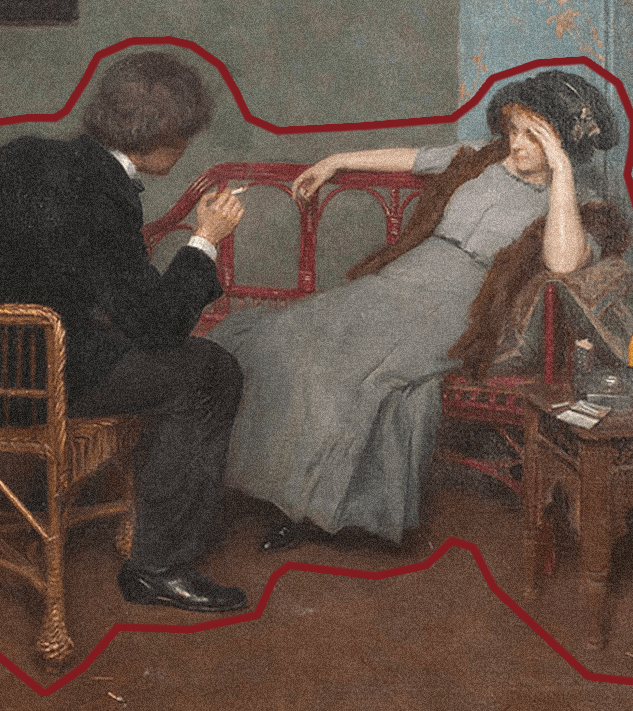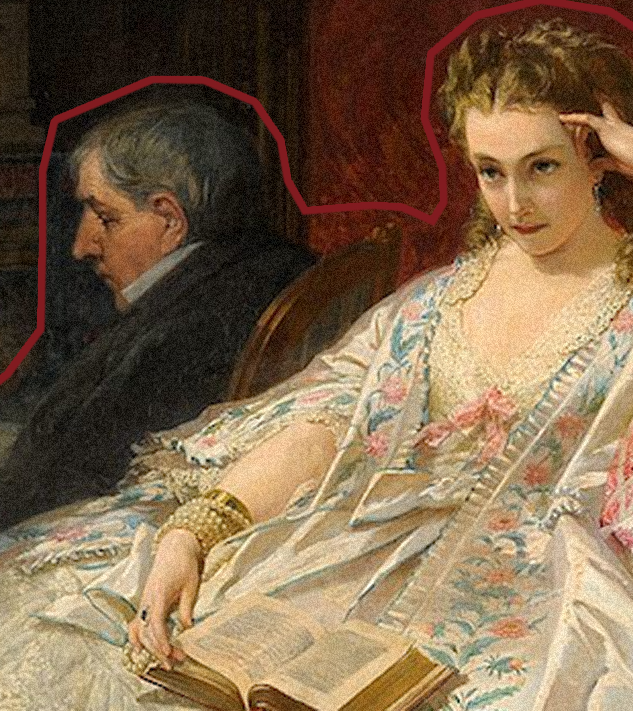In Defence of Commitment-Phobia
Make it stand out
We seldom hear the label ‘commitment-phobe’ in a positive context. It’s a label I am all too familiar with being on the receiving end of. It’s loaded, but also not misplaced. Commitment is something that categorically terrifies me. To me, it’s always been synonymous with stagnation. Settling. As someone who enjoys their solitude, has a busy life, and is painfully independent, relationships have always appeared to me as being akin to a sacrifice of some sort.
I have never been able to comprehend a reality where all elements of my existing life could coexist with a long-term romantic partner. As soon as someone gets too close, my emotions start to feel out of the breadth of my control or I start feeling too comfortable; I have never hesitated to cut a relationship off. I’m not proud of how I have dealt with most of these situations, but in hindsight, it always proved to be the right decision.
The phrase commitment-phobe is a one loaded with negative connotations: When we think of someone being commitment-phobic, our brains automatically associate the title with a person who strings others along. A situationship partner who is dishonest, immature, and inflicts pain on others readily and repeatedly. Commitment-phobia undoubtedly gets its bad reputation from the actions it drives people to, as opposed to the thing itself.
I find it jarring that commitment-phobia is almost always associated with cis-het men. Although the majority of straight women you will speak to will have at least one horror story of a commitment-phobic man they have dated, our society’s stereotypes when it comes to commitment-phobia are heavily informed by gendered dating preconceptions.
The most notable being that the commitment level of straight relationships is dictated by the male, with the woman trying desperately to ‘lock them down’; a stereotype deeply rooted in the reality for women historically, where marriage was essential for a financially stable future. But this hasn’t necessarily been the case for quite some time, yet we’re still seeing its legacy in our dating lives.
The subconscious stereotype of a commitment-phobe is further perpetuated by the ‘u-haul lesbian’ stereotype - originating from the idea that queer women commit so quickly to each other, they’re likely to move in together within a matter of a few dates. This stereotype exists based on the theory that without the involvement of commitment-phobic men, women can commit to each other freely.
Despite the joke still being made about lesbian couples who commit to each other readily, this stereotype was also disproven by researchers at Stanford University, who came to the conclusion that female-female couples move in together no quicker than their heterosexual counterparts. Our subconscious views that an unwillingness to commit is a male trait are completely baseless.
In a post COVID-19 world, our relationship with commitment is significantly shifting. The societal landscape of recent years has made people re-evaluate the nature of their romantic commitments. COVID forced thousands of couples globally to make a decision as to whether they were going to fast-track their commitment to each other by cohabiting, when they otherwise would have waited to move in together. The pandemic pushed people to reevaluate their relationships to commitment as a whole, with 63% of couples saying their relationships were stronger after living together during lockdown.
Wider societal circumstances will always continue to force generations to review their stance on commitment: The cost of living crisis, which has followed a costly COVID, has only contributed to the doubt and debt surrounding staying single. It can cost an extra £860 a month living as a single person, compared to those coupled up.
Those willing to roll the dice on a relationship early on can benefit from doing so financially, but simultaneously the fact remains that for those in relationships that aren’t working - or are even toxic to remain in - their inability to afford freedom is forcing them into commitment.
In a world that is systemically one that favours couples, being commitment-phobic comes at a literal cost. With commitment-phobia having physical as well as emotional negative connotations, it’s easy to see why many avoid the label entirely. But it is a label I have learnt to have no shame in wearing, and younger generations agree.
“In a world that is systemically one that favours couples, being commitment-phobic comes at a literal cost. With commitment-phobia having physical as well as emotional negative connotations, it’s easy to see why many avoid the label entirely.”
6 out of 10 Gen Zs believe the biggest drawback to commitment is becoming too reliant on their partner. Myself and my peers are learning quickly that we simply don’t have the same social pressure of our parents’ generation to commit, and we need to harness the ability to keep trying on different versions of a life until we find a version that feels right.
While it's too early to have data on marriage ages for Gen Z, according to one survey in 2016, only 20% of people surveyed aged 18 to 30 were married. The statistic is a heavy drop in commitment compared to the 32% of Gen X-ers and 40% of baby boomers when they were in this age bracket. In 2022, only 45% of Gen Z stated that they expected to marry or establish a formal relationship in their lifetime - it’s undoubtable that traditional commitment models are losing their appeal.
That being said, I have never been able to quite put my finger on why I am less inclined to commit than my friends and family. As someone who genuinely loves being single, there is not an ounce of my subconscious that feels as though I have settled with my current partner, where other relationships - those who seemingly ticked every one of my boxes - didn’t. It was worth the wait, even if I was single for longer periods than my peers. I am, and always will be, proud of my absolute and unwavering dedication to never settling, and I firmly believe that commitment-phobia deserves better press for its devout prioritisation of oneself over conforming to traditional relationship standards.
Words: Kitty Winks


